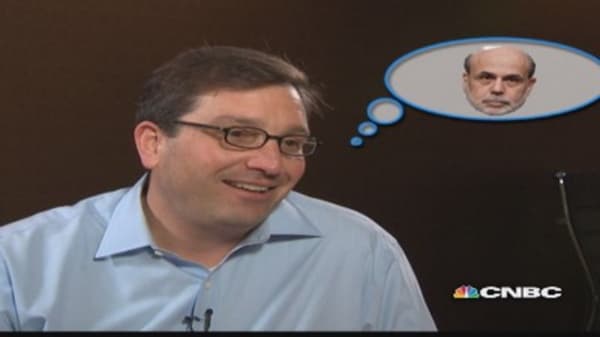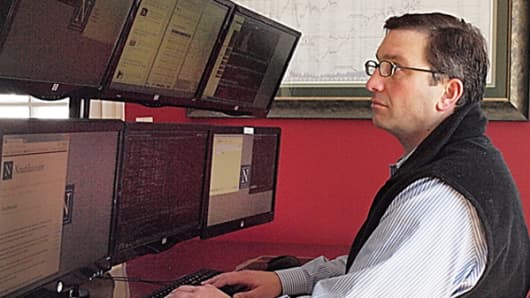Creating a market for my coin intrigued me, so I dusted off my Econ 101 book. Buried in one chapter was a reference to Friedrich Hayek's book, "The Denationalization of Money," in which he advocated for the creation of privately-issued currencies. Hayek theorized that people would gravitate to the most stable currency and, in a flash of brilliance or insanity, I had my answer — create my very own central bank! If I could create the currency, I would be able to sell it on a digital-currency exchange and use the proceeds to place buy orders for the coin. I thought that by creating buy orders and slowly selling coins, I could establish a stable growth pattern. Through stability, I thought I would attract users just as Hayek surmised.
I went back to Coigen and created another coin called Nautiluscoin (www.nautiluscoin.com), so named because a nautilus grows at a steady, stable rate. The next step was listing on an exchange where I could sell my newly-minted coins and place my buy orders. I contacted Austin Global Exchange (www.agx.io) and within days, Nautiluscoin was ready to begin trading.
Read MoreBitcoin: The future of M&A deals?
However, since my last foray with BKoin, the mining technology had far outpaced the software and my new coin was vulnerable. During the due diligence process, the team at AGX found a flaw in my coin which would allow miners with powerful computers to hoard all my coins. After contacting a coin developer, I found out that fixing my coin would require a significant investment of time and money. Since the project began as a way to learn, I decided that the best use of Nautiluscoin was education.





